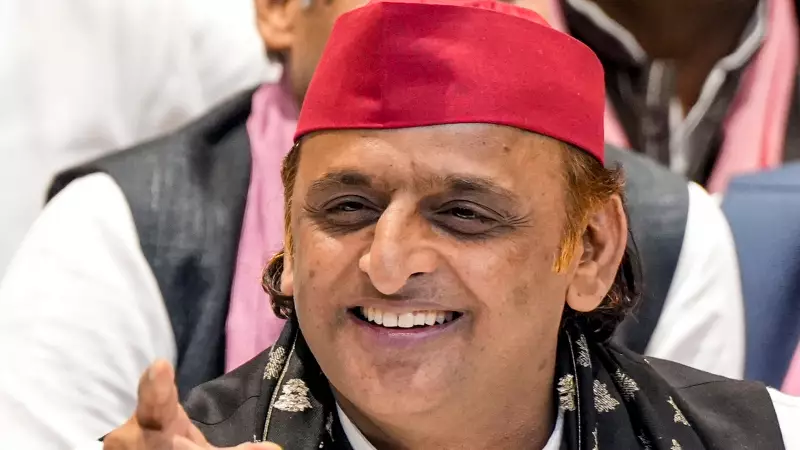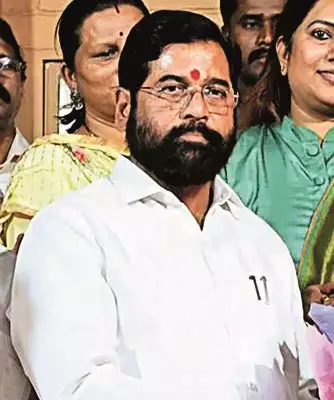
In a significant move that could reshape India's political landscape, Samajwadi Party president Akhilesh Yadav has made a compelling appeal to the Election Commission of India. The former Uttar Pradesh Chief Minister has requested the electoral body to incorporate a dedicated caste column in its forms, positioning this as a crucial preliminary step toward conducting a comprehensive caste census.
The Political Push for Caste Data
Yadav's proposal comes amid growing demands from opposition parties for a nationwide caste census. During his interaction with Election Commission officials in Lucknow, the SP chief emphasized that adding a simple caste category in electoral documentation would serve as an effective mechanism to gather essential demographic data.
"This initiative could transform how we understand India's social fabric," political analysts suggest. The move is seen as a strategic effort to bring the caste census debate to the forefront of national discourse, particularly with general elections approaching.
Beyond Political Rhetoric: Practical Implementation
The Samajwadi Party leader presented his case with practical reasoning. He argued that since the Election Commission already collects extensive voter information, adding a caste column would be a seamless process that wouldn't burden the system.
"This isn't just about politics; it's about creating an accurate database that reflects India's social reality," Yadav emphasized during his meeting. His proposal suggests that such data collection could occur during routine electoral processes like voter registration updates and new enrollment drives.
The Larger Context: Caste Census Debate
The demand for a caste census has gained momentum across Indian states, with several political parties arguing that current reservation policies and social welfare schemes lack accurate demographic backing. Yadav's proposal to the Election Commission represents a pragmatic approach to initiating this massive exercise.
Political observers note that this move could potentially:
- Provide empirical data for targeted policy-making
- Enable more accurate representation in government schemes
- Create a foundation for evidence-based reservation policies
- Offer insights into the changing demographics of Indian society
Election Commission's Critical Role
By involving the Election Commission, Yadav has positioned the independent constitutional body as a potential catalyst for social documentation. The Commission's extensive reach and established data collection mechanisms make it an ideal institution for such an initiative.
The timing of this request is particularly significant, coming during the Commission's review of electoral preparedness in Uttar Pradesh. This ensures the proposal receives immediate attention from top election officials.
As the debate around caste census intensifies, Akhilesh Yadav's practical suggestion to the Election Commission might just be the catalyst that transforms political rhetoric into actionable policy. The ball is now in the Commission's court to consider this proposal that could fundamentally change how India documents its social diversity.






